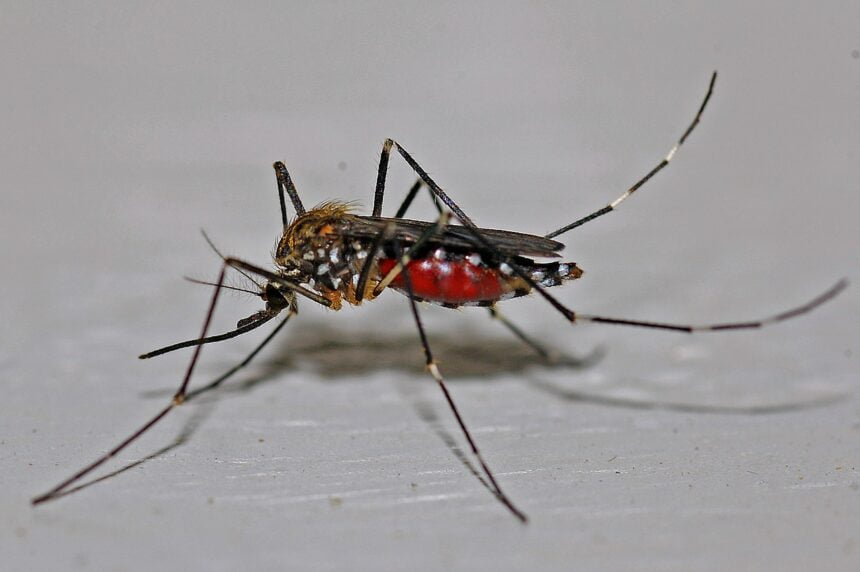In order to contain the Zika virus, the pharmaceutical industry must gain approval for new drugs quickly and efficiently — could the internet be the solution? As during any health crisis, Pharma companies are working fervently to implement solutions to control the Zika “pandemic in progress.” Clinical trials are still the best way for organizations to test and secure approval for new, potentially life-saving drugs, but unfortunately, there are still a number of sticking points in the R&D process. In particular, organizations have struggled to effectively recruit qualified patients quickly and cost-efficiently, which has made it extremely difficult for the industry to effectively respond to the crisis and stop it in its tracks.
The Diagnosis
The grave effects of Zika have begun to manifest themselves in Brazil, the original hotbed of the virus’s activity. Zika, transmitted from body to body via mosquitoes, can lead to microcephaly (a condition marked by an underdeveloped brain and undersized head) in the children of infected mothers — and unfortunately, the symptoms of those infected are generally mild, according to the National Institute of Allergy and Infectious Diseases, making it extremely hard to detect in adults. Moreover, the species of mosquito that carries Zika in Brazil lives throughout the Americas, and the disease could affect 25-80% of the populations that reside wherever it ultimately spreads, according to NBC. The medical industry’s swift response since the outbreak has been heartening. As the Motley Fool notes, Inovio Pharmaceuticals, NewLink Genetics, and Sanofi are each in the process of developing Zika vaccines; GlaxoSmithKline is lending its expertise with the biologically similar Dengue virus; and Intrexon has unveiled a clever plan to eliminate wide swaths of the aegypti mosquito itself (which the FDA has ruled as environmentally safe). But as research moves into development, the specter of clinical approval looms. Keeping trial costs (which grew 60% from just 2008 to 2013, according to Cutting Edge Info) low is just as critical as finding effective solutions, especially when drugs will be deployed in nations already experiencing financial strains.
The Role of Digital
What clinicians must realize is that, when both time and resources are limited, the internet is fast emerging as the most effective tool for clinical trial enrollment. The reason? Just like Pharma companies, concerned citizens are actively looking for solutions to Zika, and in this era, their first instinct is to conduct an internet search for not only information but potential treatment options as well. With the right kind of digital marketing campaign, these ‘active’ patients are easily reachable — by crafting keyword-driven ads that hone in on highly specific, user search queries, sponsors can transform digital ads from unwelcome interruptions into actionable resources. In fact, using this type of targeting to reach active patients can improve trial enrollment efficiency by as much as 192 times, as opposed to other media types that target more ‘passive’ candidates. If Zika continues to spread as predicted, healthy and afflicted citizens alike will be conducting online searches for options to protect themselves and their loved ones. In moments like these, the internet proves a powerful tool to meet the interests of both pharma companies and patients — providing a platform for robust clinical trial enrollment, along with the promise of an eventual, affordable treatment for the disease.

